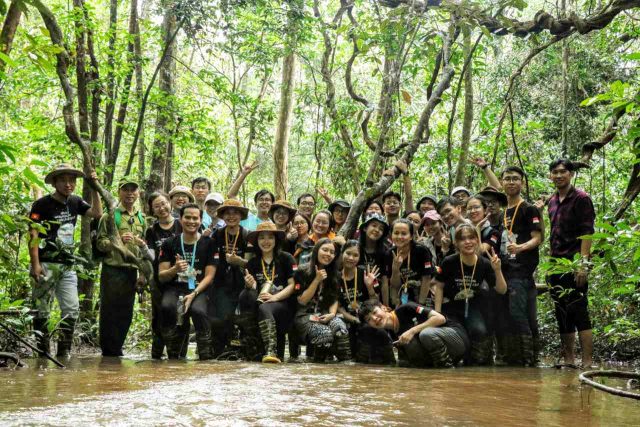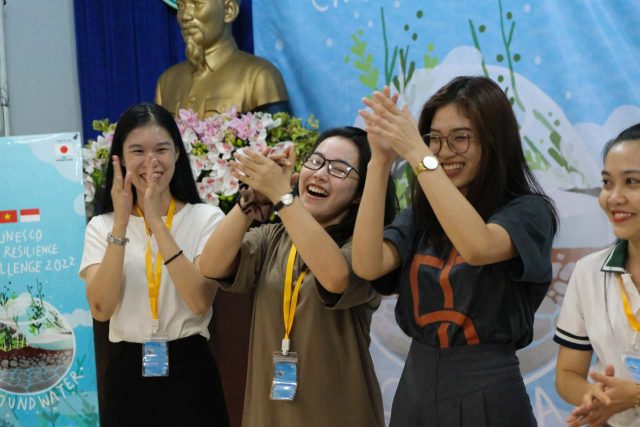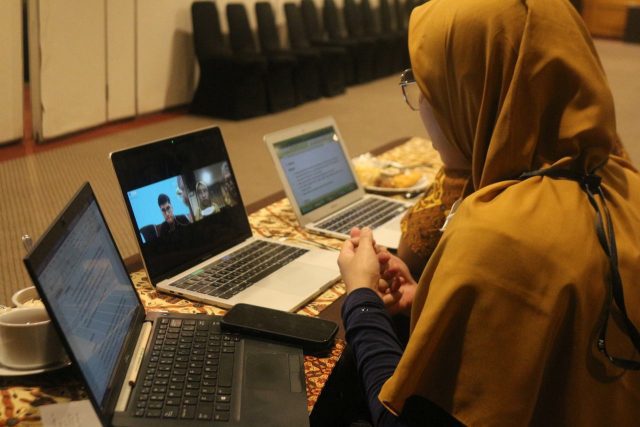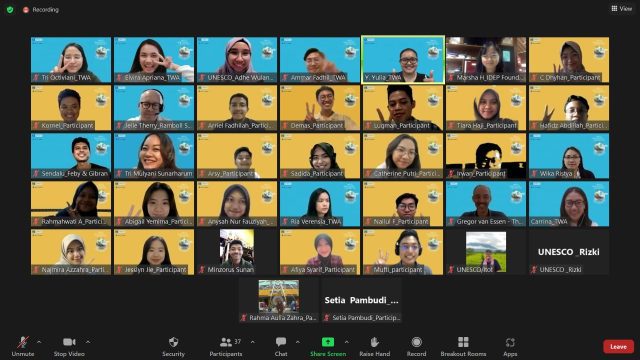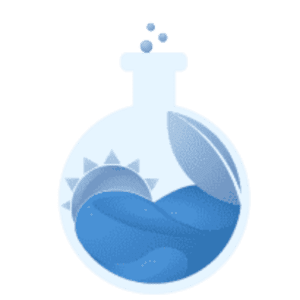It is a wrap!
After the three weeks online phase of UNESCO Water Resilience Challenge, the offline phase in Indonesia and Vietnam then started on Monday, 19 September 2022. It was thrilling to see when participants from various backgrounds started to work as a team on the issues of groundwater in the selected area of the case study location.
Experience the issue through site visit
Teams were invited to experience the beauty of Dong Nai Biosphere Reserve and Merapi-Merbabu-Menoreh Biosphere Reserve, most notably to interact with locals around the sites to understand the underlying issue.
Making stops from one site to another, the teams were warmly welcomed by the communities living there, who were also as passionate as our young leaders in discussing water issues and brainstorming what could be done. Water is central to their lives; its importance is regularly celebrated by traditional ceremonies and practices.
A bit unique in Dong Nai Biosphere Reserve, the area is covered by rainforest, so it protects the water source for Dong Nai province. However, in recent years, there has been a lot of large-scale agricultural production that affected the quality of groundwater. Therefore, participants are challenged to think outside the box about how to conserve the groundwater, and at the same time preserve the biosphere reserve.
From Merapi-Merbabu-Menoreh Biosphere Reserve, participants learned about the uneven water distribution and how that led to several households utilizing groundwater for daily use. In another village, tourism activities have triggered movement from the local community, namely Kelompok Hutan Tani (KTH) WanapaksiJatimulyo, to educate and raise awareness through stakeholders and community engagement. All so the natural beauty of Menoreh can be preserved, and the bird biodiversity can thrive.
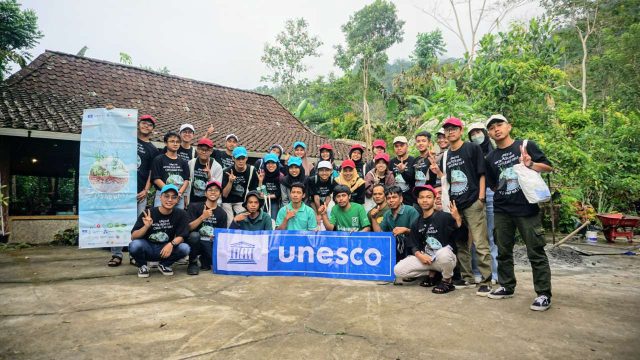
Learn more about final presentation here.

